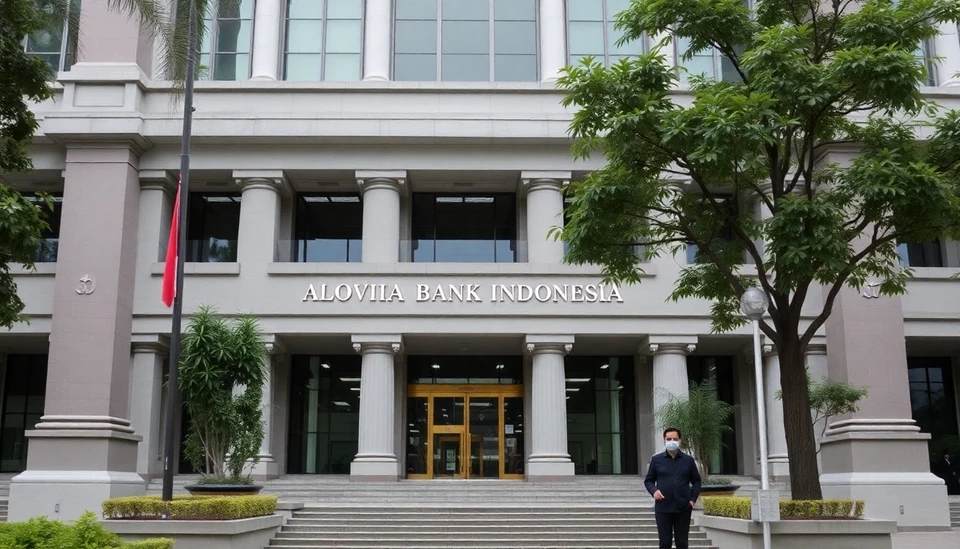
In a decisive move to bolster confidence in Indonesia's foreign exchange market, Bank Indonesia has declared its commitment to maintaining the stability of the rupiah amid ongoing global economic challenges. The central bank highlighted that it is prepared to implement necessary measures to ensure that market conditions remain robust, especially in light of recent fluctuations influenced by international economic pressures.
The statement comes at a time when emerging markets are grappling with volatility caused by a stronger US dollar and shifting geopolitical dynamics. Bank Indonesia's officials reassured investors and businesses that they are actively monitoring market developments and are ready to intervene if necessary to safeguard the integrity of the financial ecosystem.
In a previous announcement, Bank Indonesia noted the need to strike a balance between stabilizing the currency and supporting the nation's economic growth. The central bank is focused on addressing inflationary pressures while providing incentives that foster growth, recognizing that the health of the foreign exchange market is integral to broader economic stability.
Bank Indonesia has also underscored the importance of maintaining adequate foreign reserves, which currently stand at a level deemed sufficient to cushion the economy against external shocks. The bank's intervention strategies are designed to ensure that the rupiah remains competitive while deterring speculative trading that could undermine market confidence.
The Indonesian currency has seen its share of ups and downs recently, reflecting both domestic economic conditions and broader global uncertainties. In the face of this turmoil, Bank Indonesia aims to remain vigilant, assuring stakeholders that the central bank is equipped to navigate through these challenges, thereby reinforcing trust in Indonesia’s financial markets.
As part of its strategy, Bank Indonesia continues to engage with various stakeholders, including investors, businesses, and policymakers, to share insights and promote transparency in the financial sector. This collaborative approach is seen as vital for not only achieving short-term stability but also nurturing long-term confidence among investors.
In conclusion, Bank Indonesia's commitment to stabilizing the currency is a proactive measure aimed at ensuring that the rupiah maintains its value in a rapidly changing international landscape. The bank's readiness to intervene highlights the significance of strong and coordinated actions to foster resilience in Indonesia's foreign exchange market.
#BankIndonesia #ForeignExchange #RupiahStability #EconomicGrowth #MarketConfidence
Author: Rachel Greene




